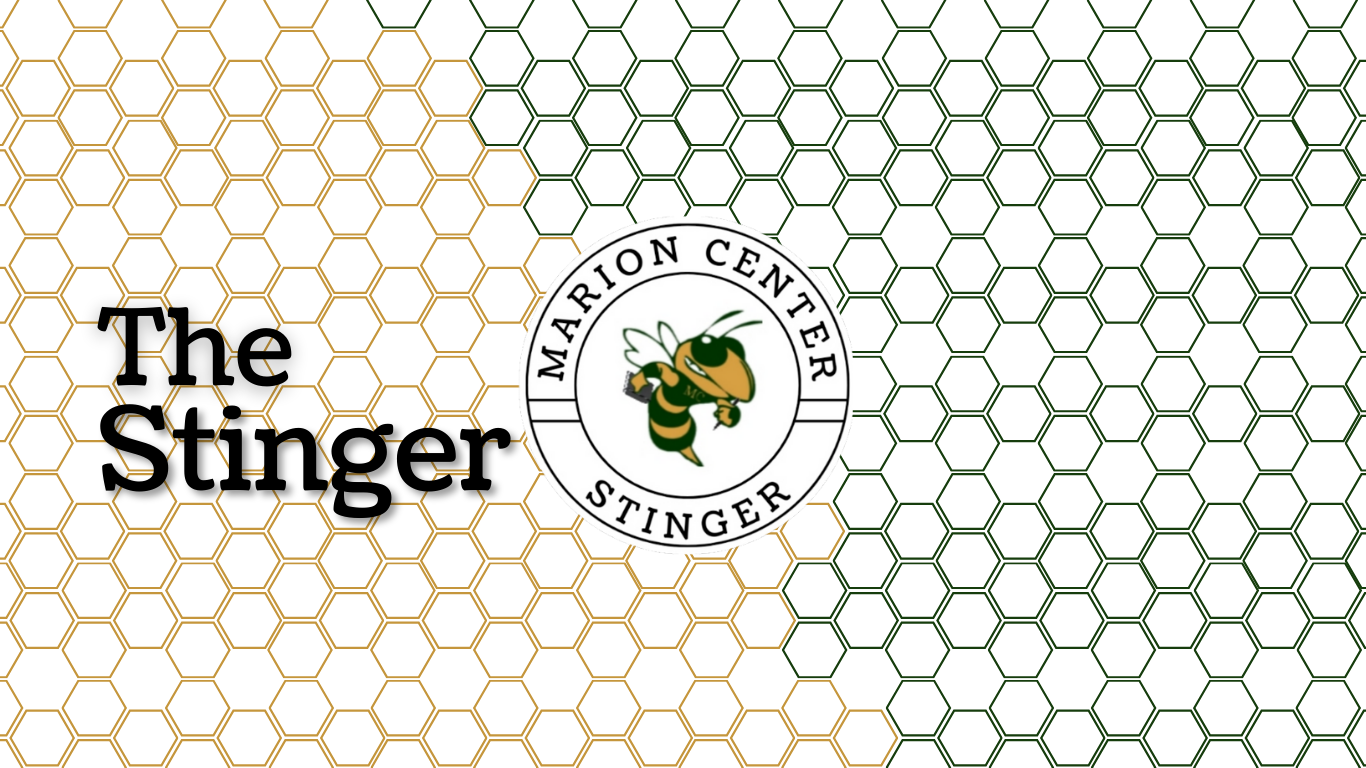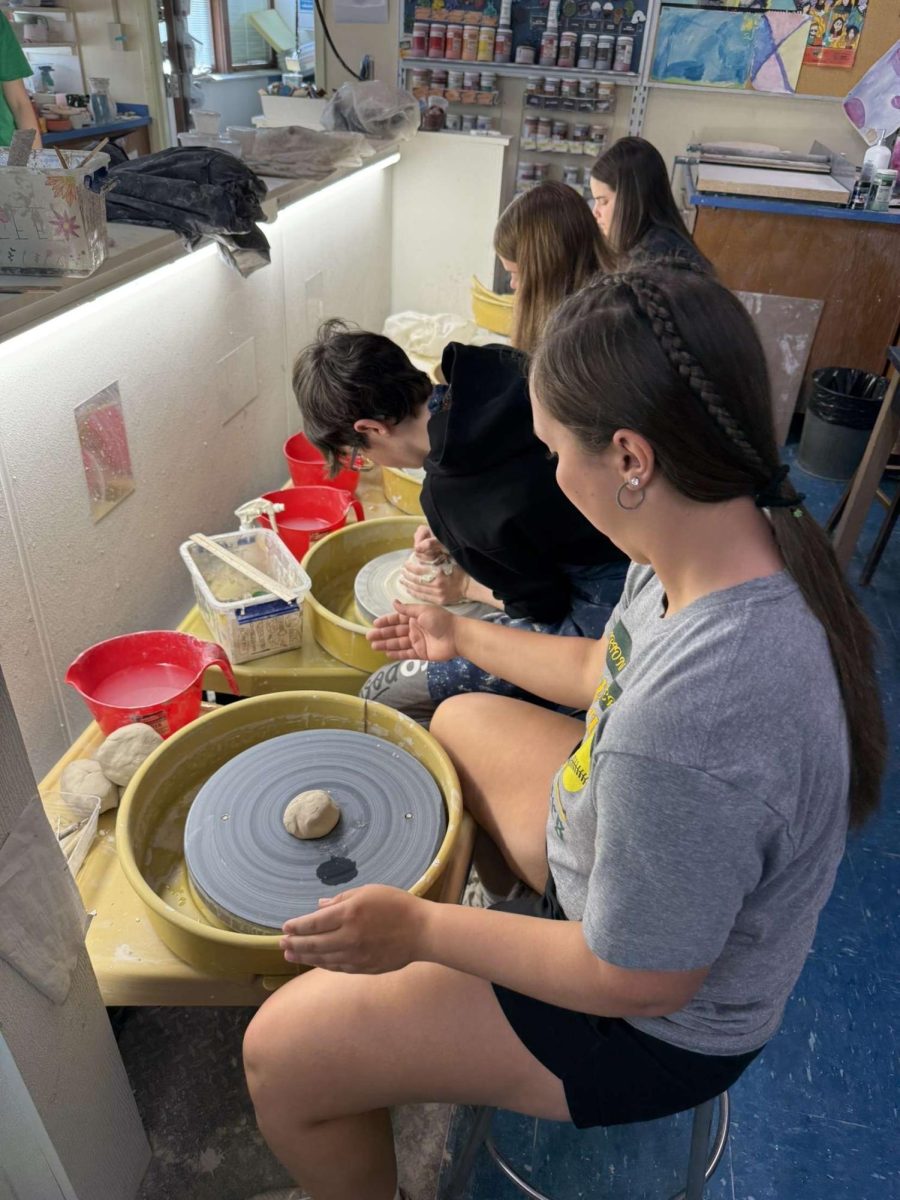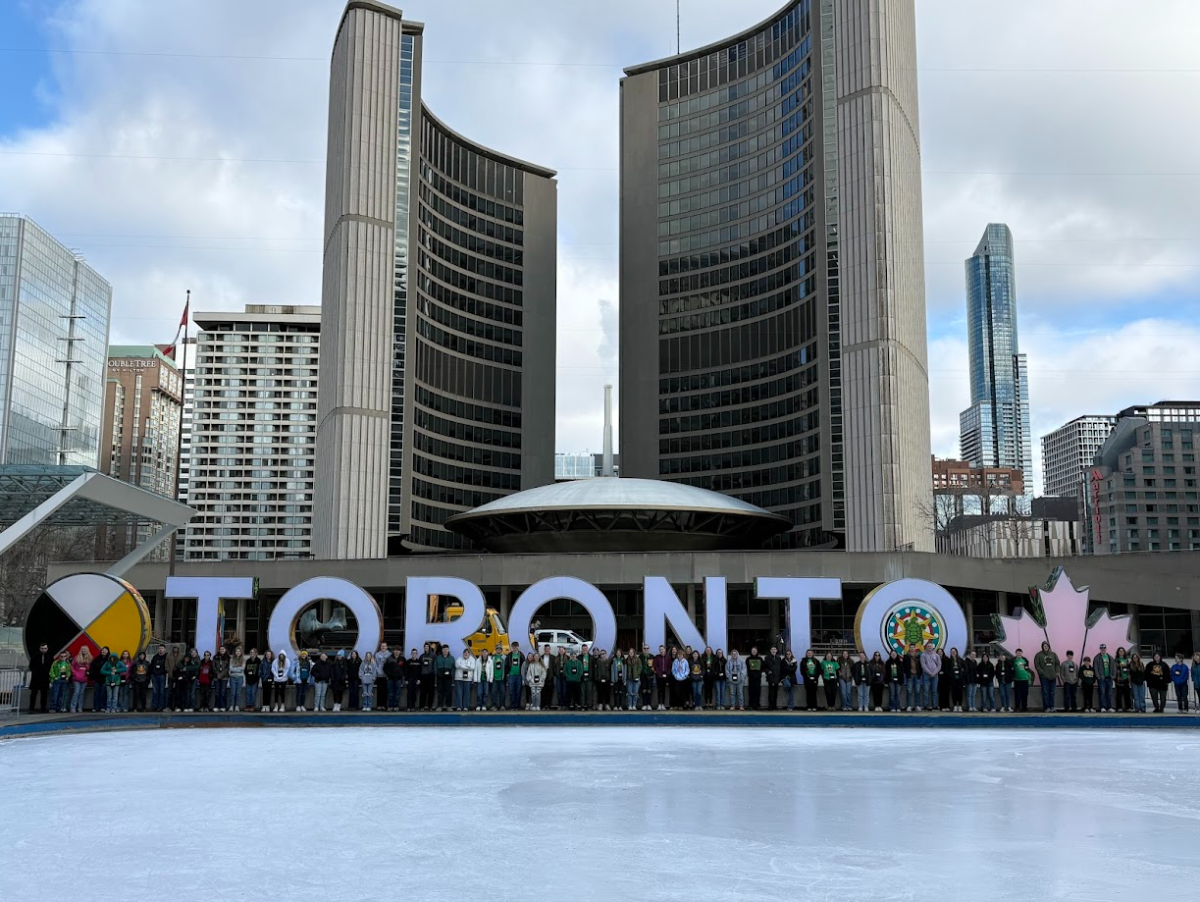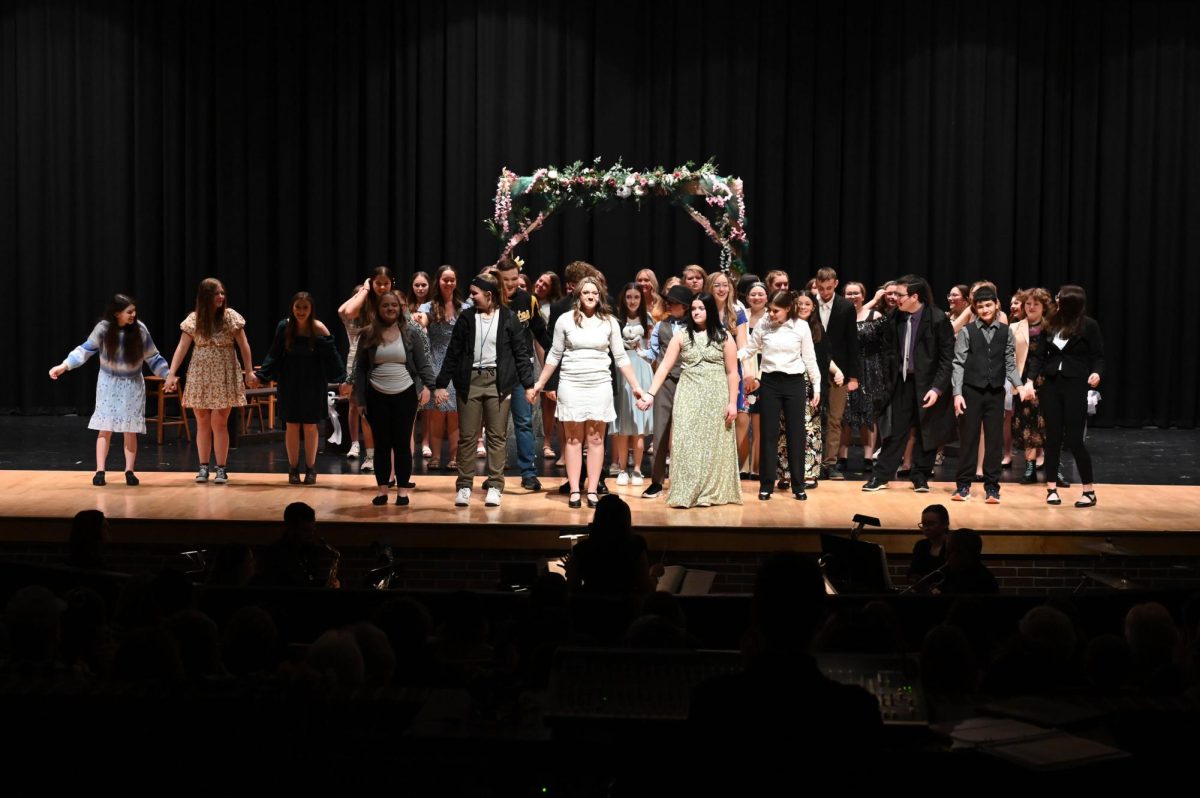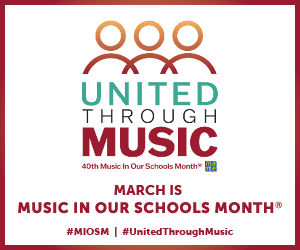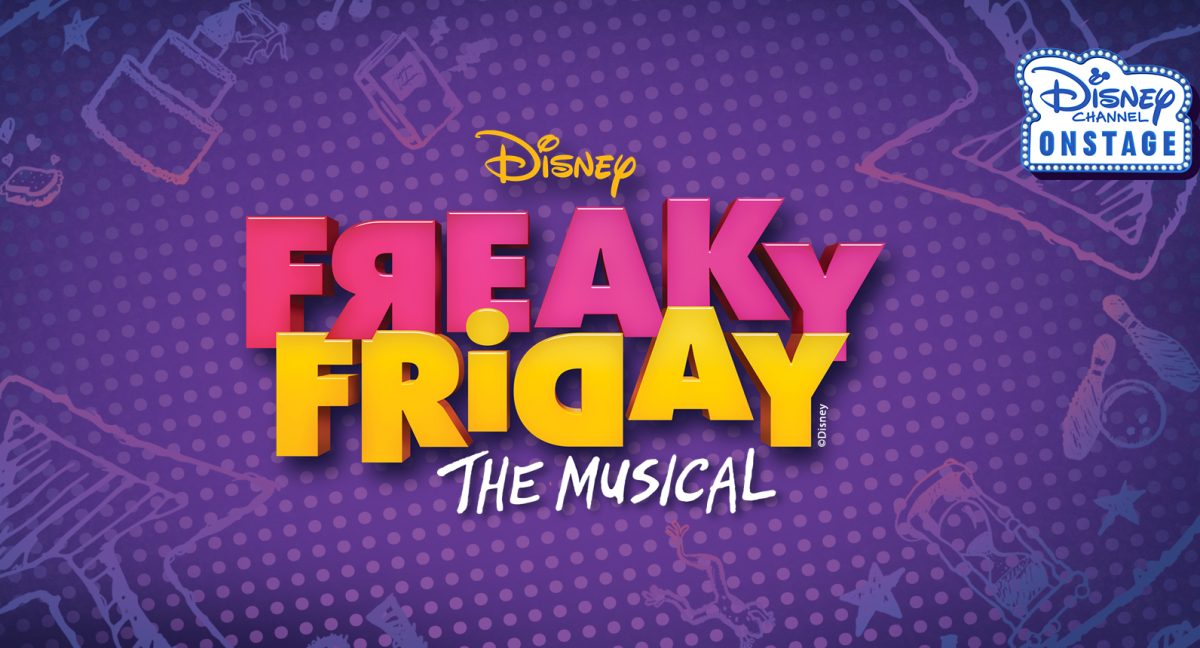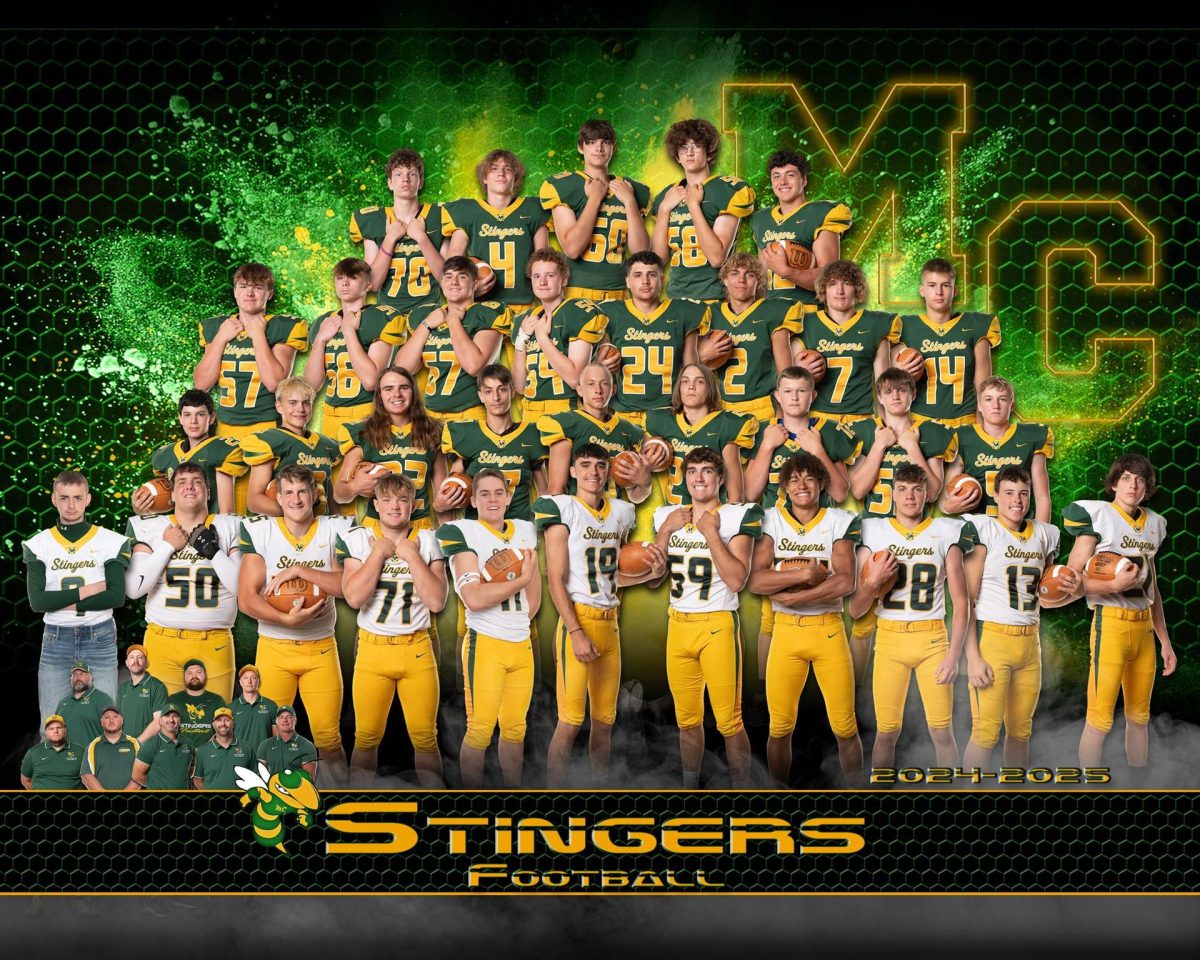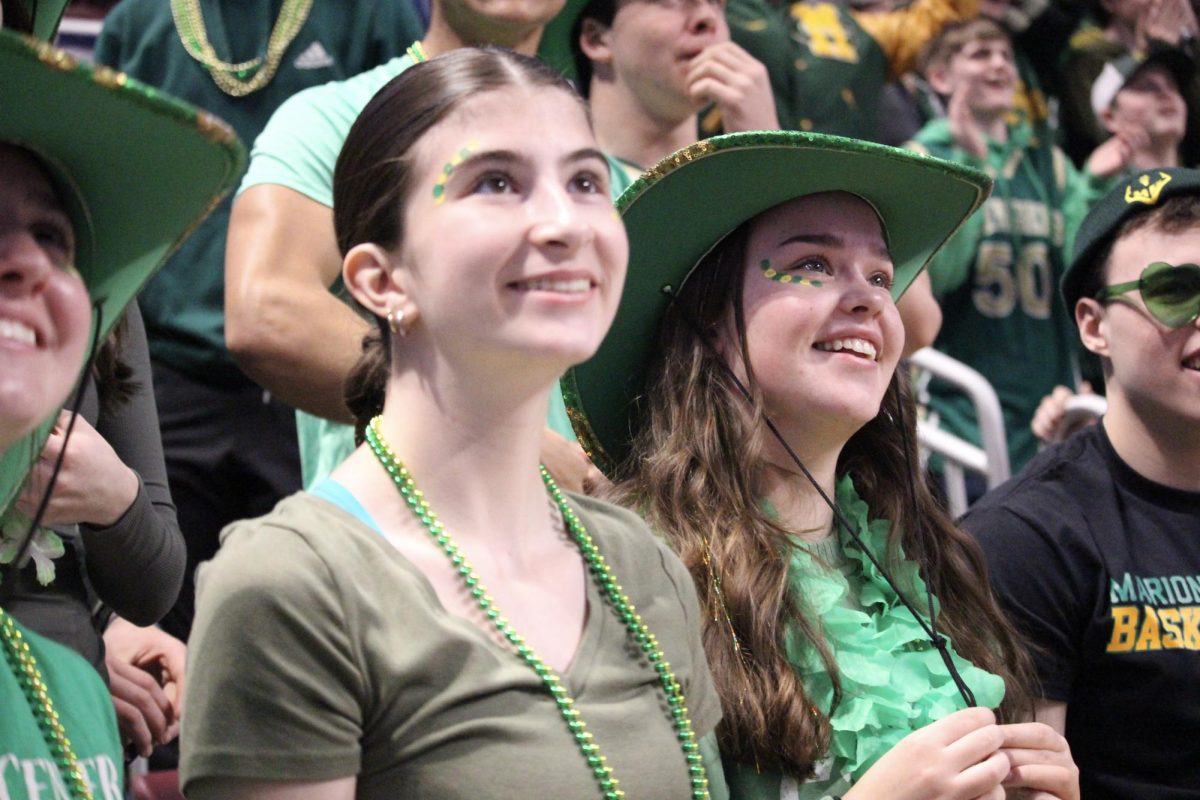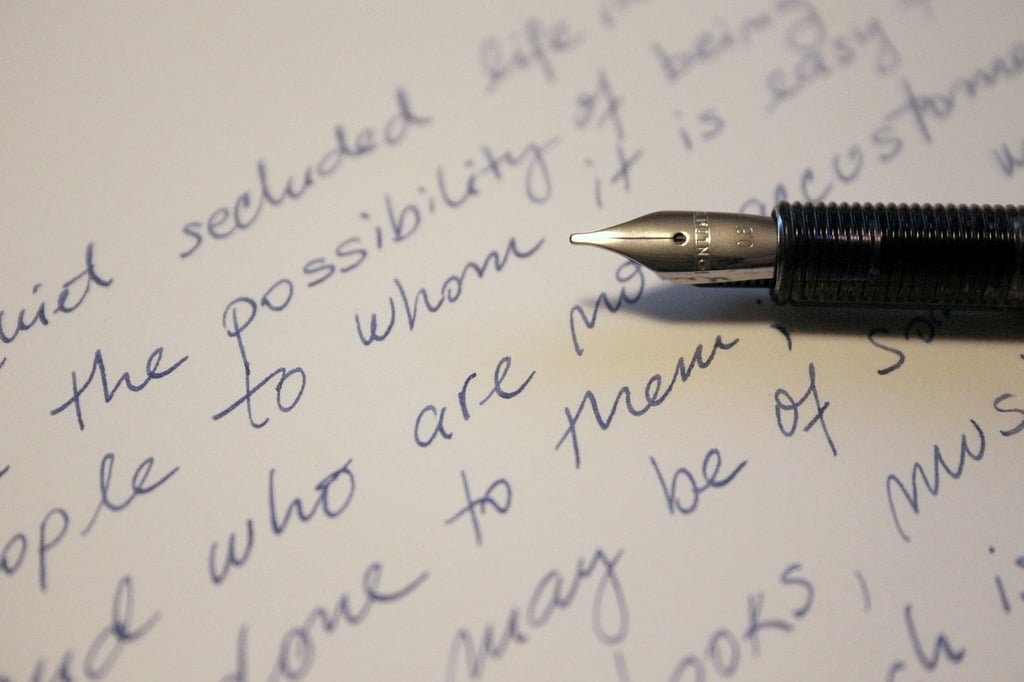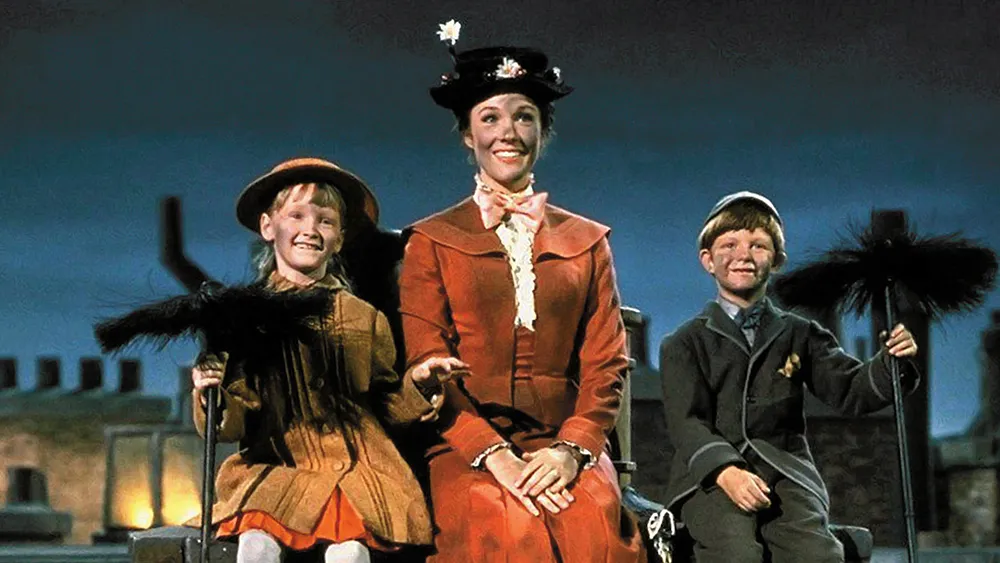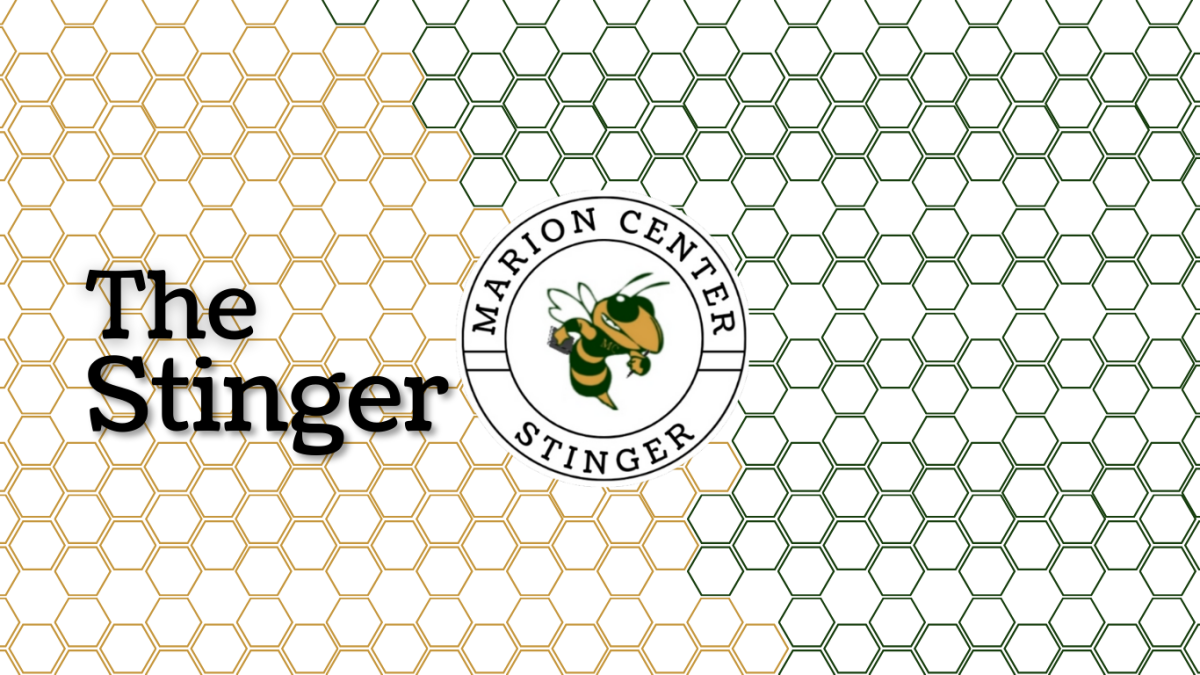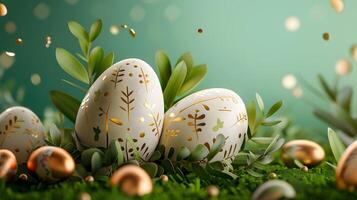When most people think of Easter today, colorful eggs, chocolate bunnies, and festive springtime activities come to mind. But where did these traditions come from? The story of Easter is much older and more diverse than many people realize.
Long before the modern Easter holiday took shape, ancient civilizations held festivals to celebrate the arrival of spring. These early celebrations often centered around themes of rebirth, renewal, and fertility, natural traits for a season marked by blooming flowers and the return of warmer weather. One often-cited influence is a spring festival believed to honor a goddess named Eostre (or Ostara), whose symbols may have included eggs and hares, both long-standing representations of fertility and new life. Although historical evidence for Eostre is limited, many historians believe her name helped shape the word “Easter” as we use it today.
Many of the symbols we associate with Easter have surprisingly ancient origins. The egg, for example, has been a symbol of life in numerous cultures, including those of ancient Persia, Egypt, and Rome. People have been decorating eggs for thousands of years, well before the modern Easter holiday existed. The tradition of the Easter Bunny likely evolved from European folklore, where rabbits and hares were seen as magical animals, often linked to spring. In the 1700s, German immigrants brought the tale of the “Osterhase”, a hare that laid colored eggs, to the United States. The story became popular, and soon American children were making nests (later replaced by baskets) to receive treats from the mysterious bunny.
Today, Easter is celebrated in many different ways around the world. For some, it remains a religious holiday, but for many others, it’s a time for seasonal fun, candy, and spending time with family. Different countries have their own customs, like the tradition in Sweden and Finland, where children dress as Easter witches and go door-to-door for candy, much like Halloween.
Easter, like many holidays, is a blend of cultural influences, traditions, and stories passed down over generations. Whether it’s about welcoming spring, hunting for eggs, or enjoying sweets with friends, Easter continues to be a joyful celebration that connects the past with the present.
Works Cited
Hutton, Ronald. The Stations of the Sun: A History of the Ritual Year in Britain. Oxford University Press, 1996.
Newman, Lily. “The Origins of Easter Traditions.” National Geographic, 30 Mar. 2018, www.nationalgeographic.com/history/article/origins-of-easter-traditions. Accessed 16 Apr. 2025.
